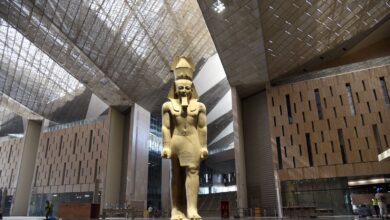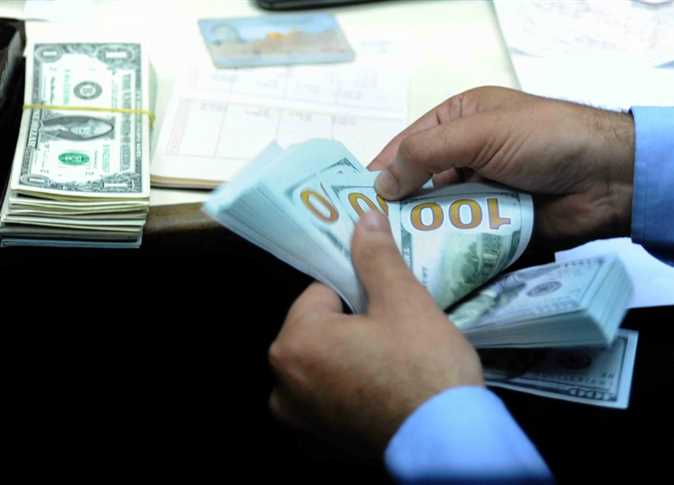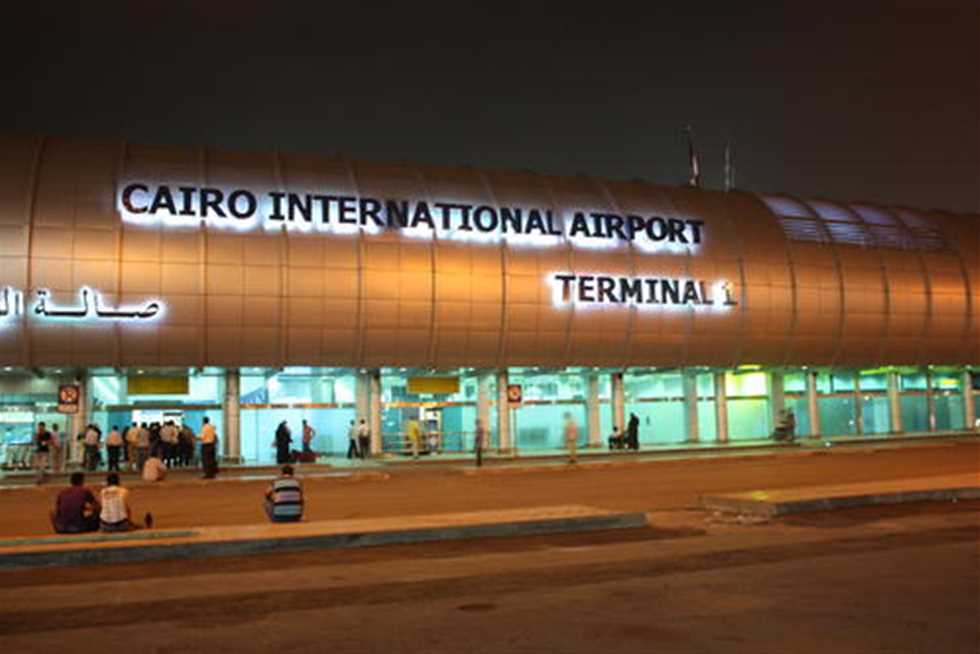When an Egyptian administrative court ruled in mid-September that Tanta Linens, Shebin Textiles and Weaving Company, and Al-Nasr Company for Steam Boilers must be returned to public administration due to contractual and procedural irregularities in their privatization six years ago, workers, labor organizers and anti-corruption activists rejoiced. After more than two years of legal action and labor unrest, they believed that their demands had been achieved and the corrupt privatizations were reversed. To celebrate, labor activists threw a party for the workers and their families.
That celebration may have been premature. Workers from Tanta Linens are once again gathering outside its factory to ensure that the three-month-old court ruling is actually implemented. It hasn’t been, yet. On Wednesday, workers will again strike to protest the slow pace of the handover.
Outgoing Finance Minister Hazem al-Beblawy announced three weeks after the court decision that the government will appeal. Plaintiffs expect a final verdict on the annulment of the initial privatization deal on 17 December. Beblawy insists that the decision to appeal is a matter of due course, and not an indication of policy. “The government must appeal any court ruling that puts it at fault in order to ensure justice is complete,” he said. But those who have worked hard to reverse the privatization of these companies fear that their efforts may be lost in the appeal process.
On Saturday, anti-corruption activists received another boost when the investments department of the Supreme Administrative Court ruled in favor of annulling the contract of the privatization of the Arab Company for Foreign Trade. That company was sold in 1999, under the first tenure of the current prime minister, Kamal al-Ganzouri, for LE13 million, while its assets alone are worth LE400 million, according to plaintiffs.
Laborers hope that this ruling will be implemented more quickly. “Workers are fed up,” said Gamal Othman, one of the organizers of Wednesday’s protest and former employee at Tanta Linens. If the court rejects the Finance Ministry’s appeal, the Tanta Linens Company will be returned to state control. Until then, Abdallah Saleh al-Kaaki, the Saudi investor who bought it from the government in 2005, holds on to the company.
“We expect to see the issue with the factory to be over soon, but it’s taking too long,” said Hesham al-Okl, a labor activist who was part of the claim against the company. Okl, a former production line worker at the company, was laid off in 2008 during protests regarding pensions.
Tanta Linens is one among many Mubarak-era privatized companies that were sold off at below market value instead of being auctioned to the highest bidder. The government sold the company for LE83 million paid in three-year installments, though the actual value of the company was estimated at LE500 million, according to the Center for Trade Union and Worker Services.
Workers from privatized companies complained of mass lay-offs that surpassed amounts contractually agreed upon between the investor and the government. In 2006, Saudi investor Jamil al-Qanbit purchased Omar Effendi, Egypt’s largest retailer, from the government, promising to lay-off no more than 1200 employees. More than four times that number saw their jobs disappear.
Ehab Shalaby, an engineer and labor leader at Shebin Textiles, said that after privatization 1600 of 5528 workers were laid off, far outweighing the number stipulated in the contract.
The cases delineate their owners' inability or unwillingness to enhance their companies' production capacity. “Tanta Linens is now producing a quarter of what it did in 2005. I assume the owners wanted to put the real estate and capital of the company they bought to other use,” Okl said.
Activists like Okl and Shalaby hope that the court ruling to return the companies will open the door for more such rulings, or perhaps a larger policy shift to reverse Mubarak’s privatization efforts. Experts, however, are cautious about reading too much into the decision.
“It was a court ruling regarding some defunct contracts, nothing more,” said Ahmed Roushdy, the former head of Al-Ahly Bank, Egypt’s largest state-owned commercial bank. “I wouldn’t even call the decision re-nationalizing, as some people do, because the ruling doesn’t say the government must ultimately own it.”
The government’s decision to appeal the ruling indicates that it is far from instituting a policy of re-nationalization. “In fact, the action taken by the government raises doubts about its desire to once again run these companies,” said Alaa Abdel Tawwab, a lawyer at the Egyptian Center for Economic and Social Rights, a NGO that has been instrumental in the anti-corruption efforts.
This reluctance may have many reasons beyond the government’s desire to save face due to its previous indiscretions. There are also numerous legal and financial issues that they may not want to get tangled up with.
“The government cannot afford the cost for revoking investors’ contracts since those companies have been re-sold over the past years to other investors. This makes it more difficult to define the party that deserves compensation,” said Sultan Abou-Ali, a former minister of economy and current research fellow at the Economic Research Forum, a regional economic think tank.
Al-Nasr Steamers is the only one of the three companies in the recent lawsuit that has been re-sold since being privatized. According to Abdel Tawwab, the law stipulates that the government would have to compensate the most recent owner. This would mean that the government would have to buy back the companies at a much higher price than it had originally sold them for, since many allege that they were sold at below market rates. The great difference in price might raise questions about the financial viability of the government buying back the companies, especially given Beblawy's recent comments about a severe cash shortage.
Roushdy believes that finances are the least of the government’s worries. “The government can afford to buy these companies back; at the very least they’d have no problems getting a loan for them,” he said.
The government also has the option of immediately selling the company to another party. Okl, who is running for parliament in Tanta, believes that the ideal solution for any financial difficulties the government may have in reacquiring the companies is to sell shares to Egyptians. “They used to be owned by the people anyway — this is a more direct form of ownership,” he said.
Further complicating the legal battle is that many of the investors are foreign and could accuse the Egyptian government of breach of contract, then resort to international arbitration. Abdel Tawwab believes that this will not be an issue since international arbitration cannot overrule legal decisions that deal with corruption.
“Another hopeful conclusion is that the investor decides on his own to renegotiate their deals retroactively in a more equitable way,” said Roushdy.
To date, the military-backed interim government has not shown much political will to rectify issues like corrupt privatization deals. But some activists believe that a democratically elected government might be more responsive.
“I’ll hopefully be able to make a difference with the coming parliament for the rights of public money and the workers if I’m elected,” said Okl. “It doesn’t seem like it would work otherwise.”




